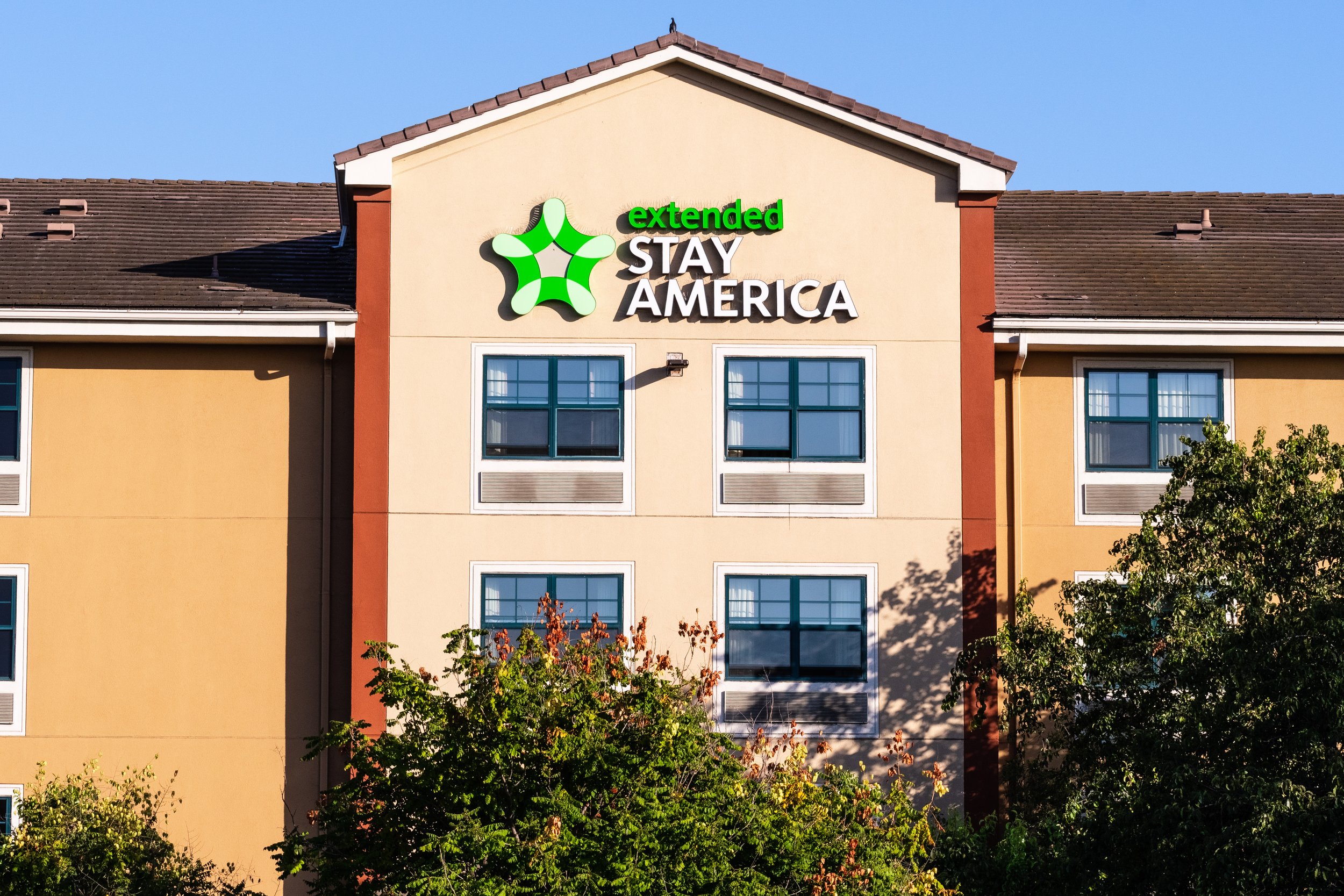2021 extended stay hotel market recap & 2022 trends
No lodging segment has garnered more attention since the onset of the pandemic than extended stay. Characterized by apartment-style accommodations with hotel services, extended stay hotel revenue has outpaced the industry at large, as everyone from front-line workers, to traveling families, and displaced residents have filled rooms at every level of the chain scale.
This strong revenue performance, combined with some of the highest margins in the industry, has fueled a record investor appetite for properties in the segment. With no signs of stopping, we examine the last year in transaction activity for extended stay hotels as the segment continues to garner increased attention from industry at-large.
Read on below for more information on the most notable highlights in the extended stay sector, including the sales volume by class, sales volume by transaction type and cap rate by class, as well as my thoughts on what to expect in 2022.
While excluded from the chart data below, the most noteworthy transaction in the extended stay sector last year was the purchase of 560 Extended Stay America economy properties by a joint venture between Blackstone Real Estate Partners and Starwood Capital for nearly $6 Billon in June 2021. Even so, remaining transaction volume for extended stay properties returned to pre-pandemic levels in 2021, given the segments swifter performance rebound relative its more transient-focused peers. When compared to 2020, extended stay properties transacted as part of portfolio sales increased more than three-fold in 2021, a trend observed across the industry. Most notably, Colony Capital’s sale of a 197-property hospitality portfolio comprising a total of 22,676 keys to Highgate for $2.8 billion in March 2021 started the year off with a bang. The portfolio included the sale of 82 extended stay hotels comprising roughly 9,000 rooms. Furthermore, Kohlberg Kravis Roberts & Co. LP acquired a portfolio of 48 hotels from a joint venture between DigitalBridge, Inc. and Chatham Lodging in September 2021. Of the 48 hotels acquired for approximately $780 million, 19 of the assets were extended-stay and accounted for nearly 40% of the total purchase price.
Sales Volume by Class (Extended-Stay)
Data provided by CoStar/STR utilized for the graph data
Sales Volume by Transaction Type (Extended Stay)
Data provided by CoStar/STR utilized for the graph data
Portfolio transaction activity had a direct impact on volume by extended-stay segment in 2021. Both the KKR and Highgate purchases included extended stay product in the upscale, premium branded space (i.e., Homewood, Residence Inn, Staybridge Suites, and Hyatt House). As a result, year-over-year increases in sales volume were led by the Upscale & Upper Midscale segment, where volume was up two-fold in 2021 compared to 2020 and those transactions comprised almost 85% of the overall segment volume, ESA’s sale aside.
However, that is not to say that the midscale and economy segment didn’t have their moment in 2021. In September, Lennox Capital Partners acquired five WoodSpring Suites totaling 596-rooms from West77 Partners for a combined sale price of $88 million or about $147,651 per room. Even when adjusted to exclude the Lennox Capital Partners acquisition, sales in the economy segment realized a nearly 50% increase in the average price paid per room compared to 2019 and 2020. Extended-stay hotels in the economy space typically offer limited amenities and run longer lengths of stays than their upscale counterparts, which generates higher operational flow through opportunities. The above examples along with the purchase of Extended Stay America by Blackstone and Starwood Capital signals a growing shift in the extended-stay space, where the economy segment is becoming more institutionally friendly.
Cap Rate by Class (Extended-Stay)
Data provided by CoStar/STR utilized for the graph data
Cap rate trends for Upscale & Upper Midscale extended-stay properties largely mirror those of their limited and select-service counterparts, where rates hovered within 8.6% and 8.1%, respectively, for the year. This has led to an increase in valuations compared to 2019 as competition for well-branded, performing assets in this segment drove investment underwriting.
Compression on cap rates in the Midscale & Economy segment is the biggest takeaway observation of 2021. Competition for well performing assets, particularly with strong brands in the segment such as Woodspring and Extended Stay America continue to garner increasing interest from private equity groups and institutional buyers. The high operational flow through and low labor model of these assets aligns them more closely with multi-family than hotels. As such, cap rate trends appear to be tracking between rates typically garnered for traditional hospitality and those achieved by class B and C multi-family. Investments in 2022 will go a long way in helping to determine if this is a short-term trend or longer-term sentiment shift.
What to expect in 2022 for the extended stay hotel market
Industry-wide, high valuations and prices per key personified hotel transactions in 2021, including within the extended-stay segment. The overall lack of distressed opportunities has led to increased competition to place capital that has impacted pricing. As investors seek more efficient labor models and better operational efficiencies within the industry, the extended-stay segment has become particularly intriguing given the longer lengths of stay that provide some of the best margins in the industry. As such, the increasing desirability of extended-stay hotels and the margins they achieve, particularly in the economy segment, have caught the attention of larger private equity and institutional groups. This has already fueled additional portfolio transactions in early 2022 with the news that Brookfield Asset Management is selling a portfolio of 110 Woodspring Suites extended-stay hotels for $1.5 billion to Blackstone/ Starwood Capital Group (same JV that purchased Extended Stay America in 2021). Similarly, the current inflationary environment should increase portfolio and individual transaction interest for assets like extended-stay hotels, given the products ability to dynamically price itself on a nightly, weekly, or monthly basis.
As demand for hotel investments continue to strengthen in 2022, the transaction environment for extended-stay assets is expected to remain competitive and active. Contact PHC Hotel Advisors to learn more about our expertise in the extended stay sector and how we can help your business excel forward in this market.




